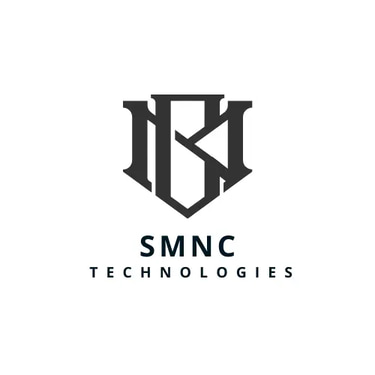The Future of Work: Trends and Strategies for Adapting Your Workforce
HUMAN RESOURCE TIPS
2/3/20243 min read


In today's rapidly changing world, the future of work is a topic that is on the minds of many business owners and professionals. With advancements in technology, shifting demographics, and evolving customer expectations, it is crucial for organizations to adapt their workforce strategies to stay competitive and thrive in the years to come.
The Rise of Remote Work
One of the most significant trends shaping the future of work is the rise of remote work. With the advent of high-speed internet and collaboration tools, more and more companies are embracing remote work as a viable option. This trend has been accelerated by the COVID-19 pandemic, which forced many organizations to quickly transition to remote work.
Remote work offers numerous benefits, both for employers and employees. It allows companies to tap into a global talent pool, access specialized skills, and reduce overhead costs. For employees, remote work provides flexibility, eliminates commuting time, and improves work-life balance.
To adapt your workforce to the remote work trend, consider implementing policies and technologies that support remote collaboration, communication, and productivity. Invest in reliable video conferencing tools, project management software, and cybersecurity measures to ensure seamless remote work operations.
Automation and Artificial Intelligence
Another major trend that will shape the future of work is automation and artificial intelligence (AI). As technology continues to advance, more tasks and processes will be automated, leading to significant changes in the workforce.
While automation may eliminate certain jobs, it also creates new opportunities and roles. Instead of fearing automation, organizations should focus on reskilling and upskilling their workforce to thrive in the new digital economy. Encourage employees to develop skills that complement automation, such as critical thinking, creativity, and emotional intelligence.
Additionally, consider integrating AI technologies into your business processes to enhance efficiency and decision-making. AI-powered chatbots, predictive analytics, and machine learning algorithms can streamline operations, improve customer experiences, and drive innovation.
Flexible Work Arrangements
Flexibility in work arrangements is becoming increasingly important to attract and retain top talent. The traditional 9-to-5, office-based work model is no longer the norm. Employees are seeking more flexibility in terms of when and where they work.
Offering flexible work arrangements, such as flexible hours, compressed workweeks, or job sharing, can help organizations attract a diverse range of candidates and improve employee satisfaction. Embrace a results-oriented approach rather than focusing on hours worked. Trust your employees to deliver results, regardless of their physical presence in the office.
Implementing flexible work arrangements requires clear communication, trust, and the right technology infrastructure. Provide employees with the tools and resources they need to work effectively from different locations, such as laptops, mobile devices, and secure remote access to company systems.
Lifelong Learning and Development
In the future of work, continuous learning and development will be essential for both individuals and organizations. As technology evolves and industries change, employees need to acquire new skills and knowledge to remain relevant.
Encourage a culture of lifelong learning within your organization by offering training programs, mentorship opportunities, and access to online learning platforms. Provide employees with the resources they need to upskill and reskill, and support their professional growth.
Additionally, consider creating a learning and development strategy that aligns with your business goals and future workforce needs. Identify the skills and competencies that will be in high demand and invest in developing those capabilities within your workforce.
Diversity and Inclusion
In the future of work, diversity and inclusion will be crucial for organizations to thrive. A diverse workforce brings different perspectives, ideas, and experiences, leading to innovation and better decision-making.
Take proactive steps to foster diversity and inclusion within your organization. Implement inclusive hiring practices, promote diversity in leadership roles, and create a culture that values and respects differences. Encourage open and honest communication, and provide opportunities for employees to share their ideas and perspectives.
By embracing diversity and inclusion, organizations can attract and retain top talent, improve employee engagement, and enhance their reputation in the marketplace.
Conclusion
The future of work is rapidly evolving, driven by technological advancements, changing demographics, and shifting expectations. To adapt your workforce and stay ahead of the curve, embrace trends such as remote work, automation, flexible work arrangements, lifelong learning, and diversity and inclusion.
By proactively adapting your workforce strategies, you can position your organization for success in the future of work and create a thriving, innovative, and inclusive workplace.
Contact us
info@smnctechnologies.com
Socials
Subscribe to our Newsletter
+91-844-976-8877
Copyright © 2024 SMNC Technologies
